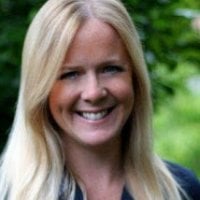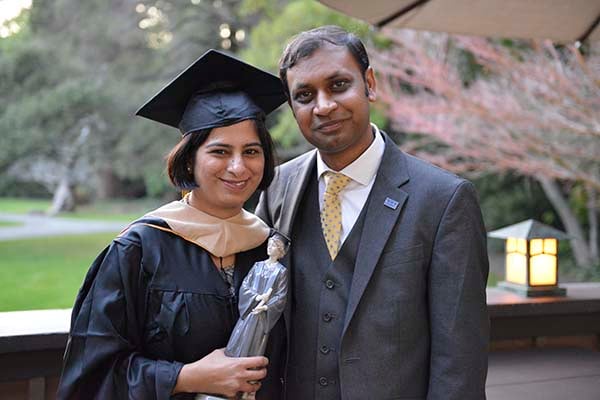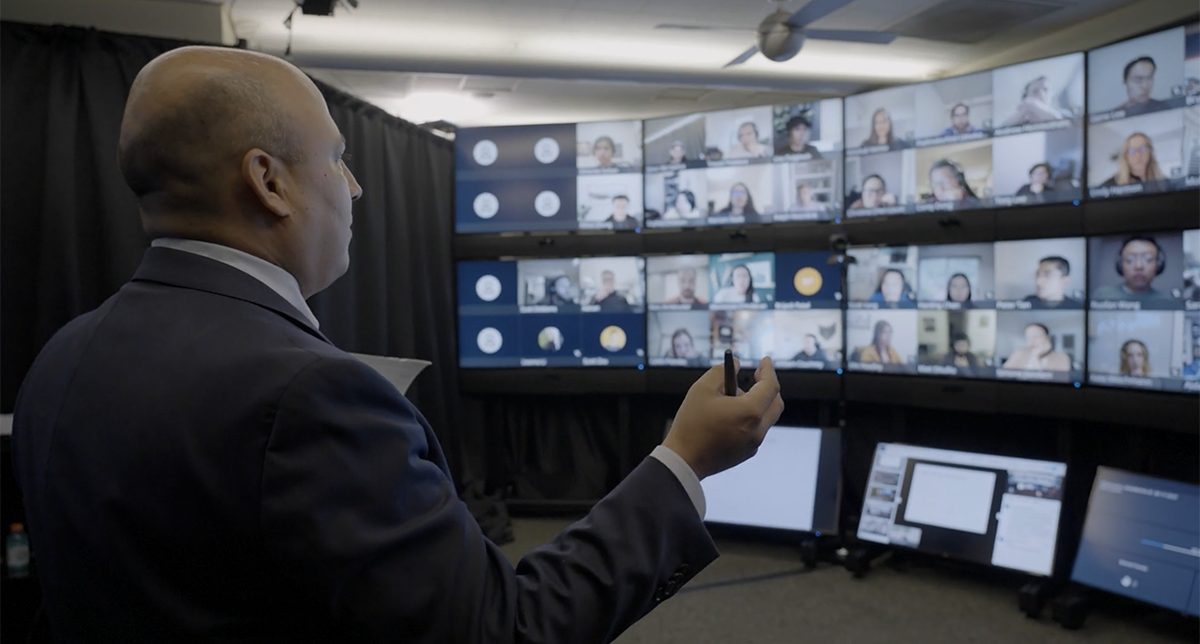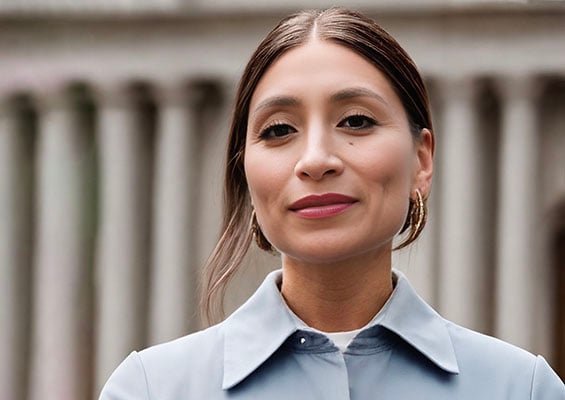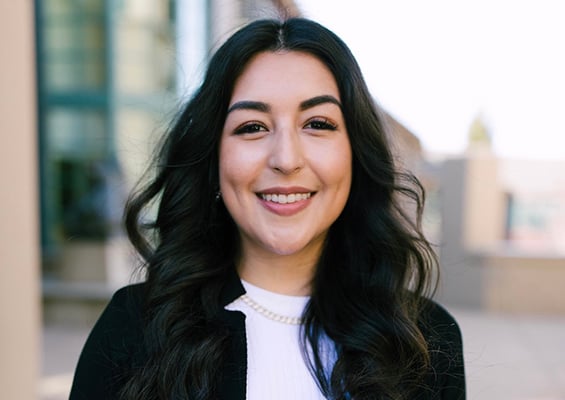We know potential b-school candidates are busy – many already have families or have launched demanding careers. That’s why we offer several paths to the degree, including two part-time MBA programs. But which MBA schedule is right for you?
The Evening & Weekend program is a three-year, six-semester program, while our Executive MBA program meets about every three weeks from Thursday through Saturday over 19 months. Both offer the same rich resources and result in the same Berkeley MBA degree.
In this two-part series (See Part II) , we spoke with two couples in which each partner chose a different part-time program at Berkeley Haas.
Sunnyvale-based Manish Mukherjee and Nupur Thakur have been married 14 years and have two daughters, 11 and 8. Manish is studying in the Evening & Weekend program, while Nupur just completed the Executive Program—and now the couple is working on a startup.
Why did you both decide to get your degrees at the same time?
He said: We wanted to finish our degrees before our older child goes to middle school. Teens go through so many changes – we wanted to be more available and attentive when that happens.
She said: We knew if we were to get our degrees consecutively, it would take us nearly five years. We wanted to expedite that.
What are/were you each doing professionally while studying at Berkeley?
She said: I’m Director of Product Management at Juniper Networks’ services business. In addition, I’m on the board of Silicon Valley Product Management Association and a Berkeley Board Fellow for Girls Inc. of Island City.
He said: I’m a Senior Manager of Engineering at Cisco Systems in a $1.6B annual product, leading 25 engineers worldwide. Nupur and I are also working on a start-up with a co-founder from Berkeley Engineering. Grafty Inc. heightens organization, search, and sharing functions for images and videos.
How did you decide between the Executive and the Evening & Weekend MBA programs?
He said: We both considered our individual needs, -- what made sense as a couple was to do different programs. And from a scheduling perspective, it worked out well. I’m gone every Saturday, then every three weeks she’s gone for three days.
She said: Having worked in a functional area within business and management, I really wanted experiential training along with the academic experience. The EMBA residential format and immersion weeks were both huge factors in my decision.
He said: I like my summers off, and managing the balance between work and education was key. I wanted to go deeper into entrepreneurship, and spend more time in the university environment.
She said: For me it was not just a choice of which program, but also having the full campus ecosystem and the alumni network.
How long will you each be in your program?
She said: Manish started in May 2012 and will graduate in May 2015. I started in May 2013 and graduated in December 2014. There’s a running joke among our classmates that I started second but finished first.
He said: Yeah, nice guys finish last! It’s a relay race we’ve run very strategically.
What are the challenges of being a two-student household? What are the advantages?
He said: Time. That was the major thing. It would have been impossible without strong family support.
She said: And yet we had more time together to discuss and share things, to discover the campus and attend events.
He said: We’ve been so involved not just in the work, but also in the fun. We were on a similar journey, which made it easier.
—Kirsten Mickelwait
To take a closer look, compare Berkeley MBA programs.
